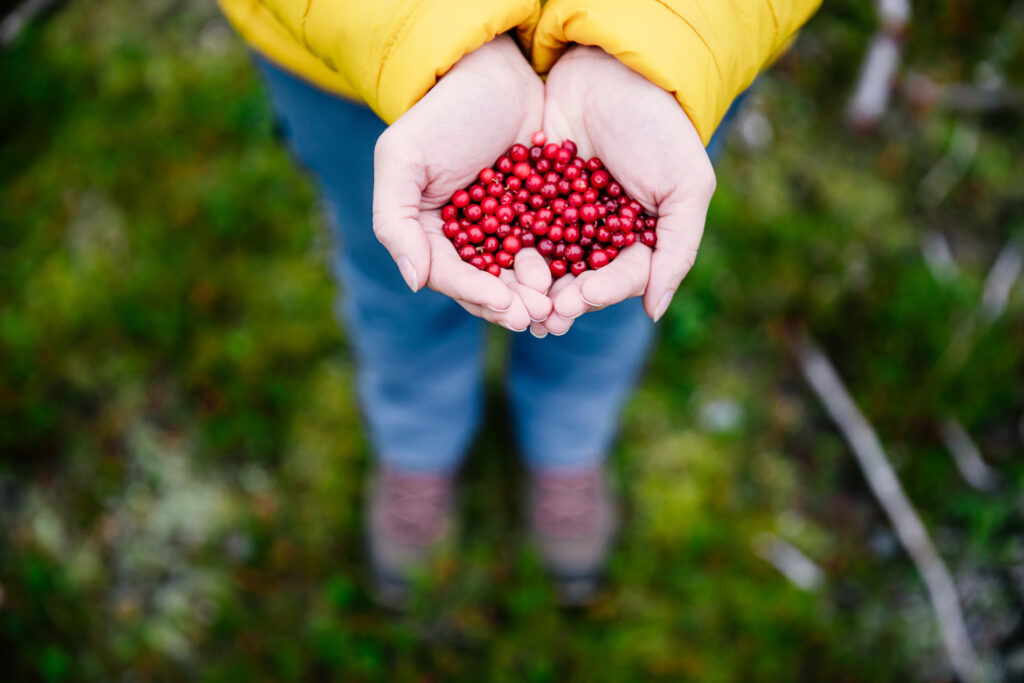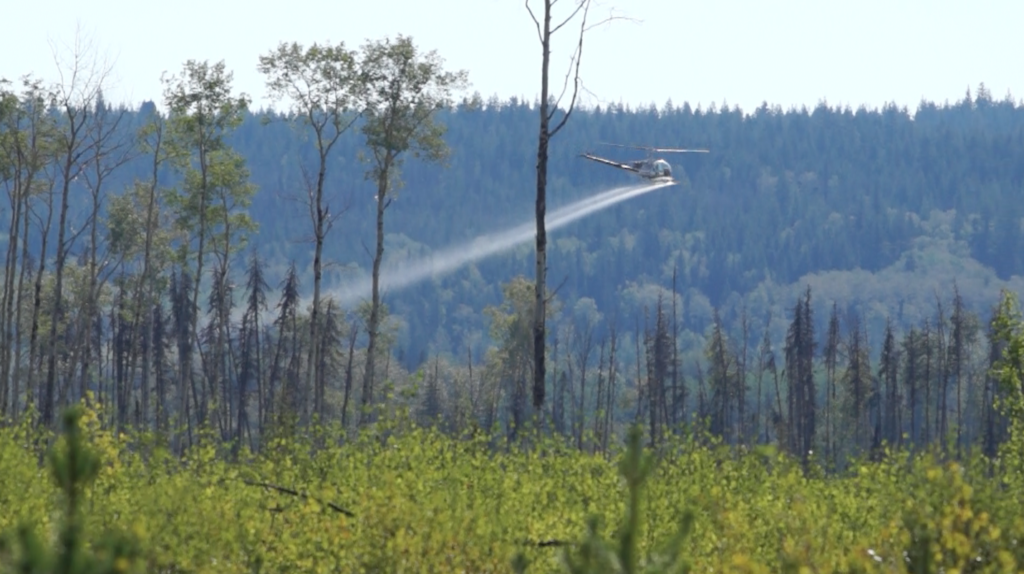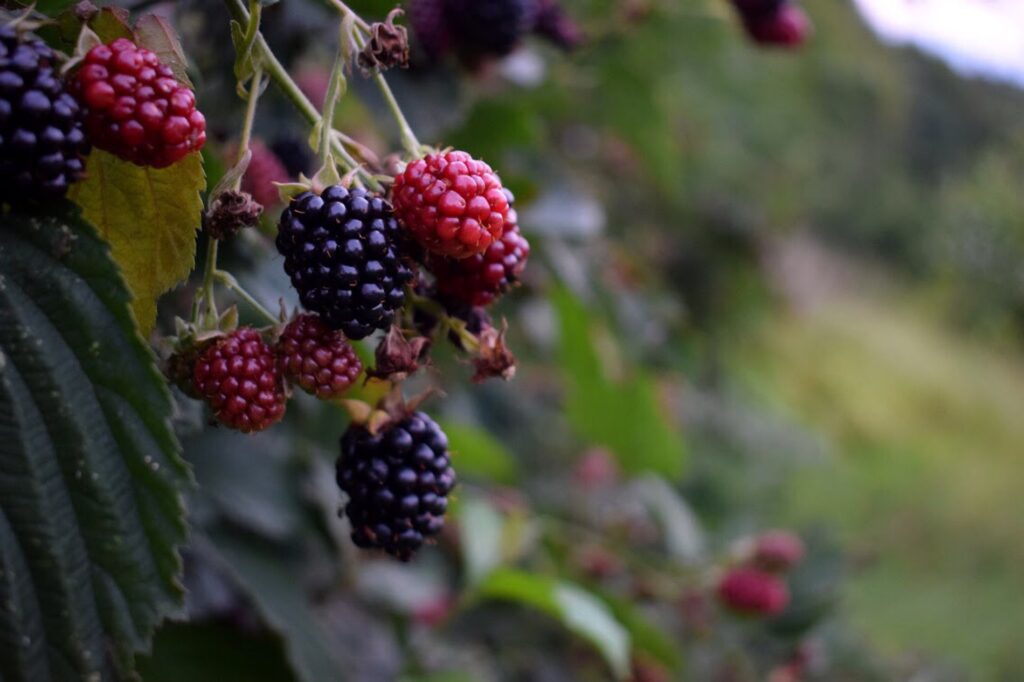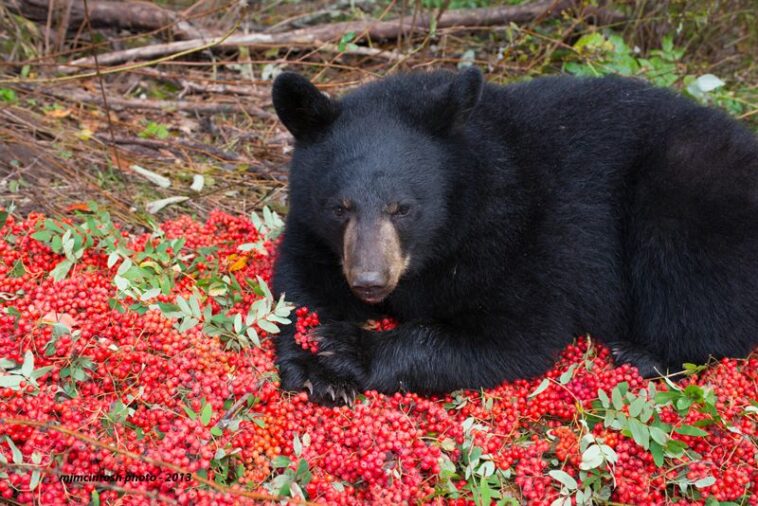Herbicides sprayed by forestry companies in northern B.C. may linger longer than previously thought, and this could reduce the health benefits of eating wild berries, although more research is needed.
This is the takeaway from a new study done by University of Northern BC scientists, which concluded that the weed-killer glyphosate can persist in low quantities up to a dozen years.

“It is widely claimed that glyphosate does not remain in the environment for any significant period of time,” reads the study, which was published in the journal Forest Ecology and Management. “Contrary to this belief, this study clearly demonstrated that surviving plants in forest cutblocks treated with [glyphosate-based herbicides] may contain glyphosate residue in their roots, shoots and fruits for the first full year or more after treatment, and many also contain AMPA [an acid linked to glyphosate] with some plants retaining these residues for twelve years or more.”
Some media outlets have taken this as evidence that people in the Skeena shouldn’t consume berries from cutblocks. “New research warns wild berries unfit for human consumption,” the Houston Today reported.

The study contains some seemingly conflicting information, however. “The quantities of glyphosate contained in plant tissues after 3–12 years are extremely low, and should not be considered an immediate hazard,” the authors write.
But, it added, roughly one-quarter of raspberries and blueberries in cutblocks in central and northern B.C. analyzed by the scientists contained levels of glyphosate residue higher than what the Canadian Food Inspection Agency recommends. “These 26% of fruit samples would be deemed unfit for human consumption if assessed in the marketplace,” they wrote.
Part of the reason for this conflicting information is that the scientific community itself is divided. The report noted there are different “factions [of scientists] regarding whether or not glyphosate is toxic.”

Ultimately there needs to be more research done. “Little information is available on long-term health effects of chronic exposure to glyphosate, but it can be expected that wildlife exposed directly to glyphosate during or shortly after application, as well as to low concentrations of glyphosate residue in their foods, may be at greater risk of developing chronic health problems,” they write.
And, they argue, we should be looking at the long-term cumulative impacts of “chronic, low-concentrations of glyphosate and other chemicals in the environment.”
After all, we are what we eat.




